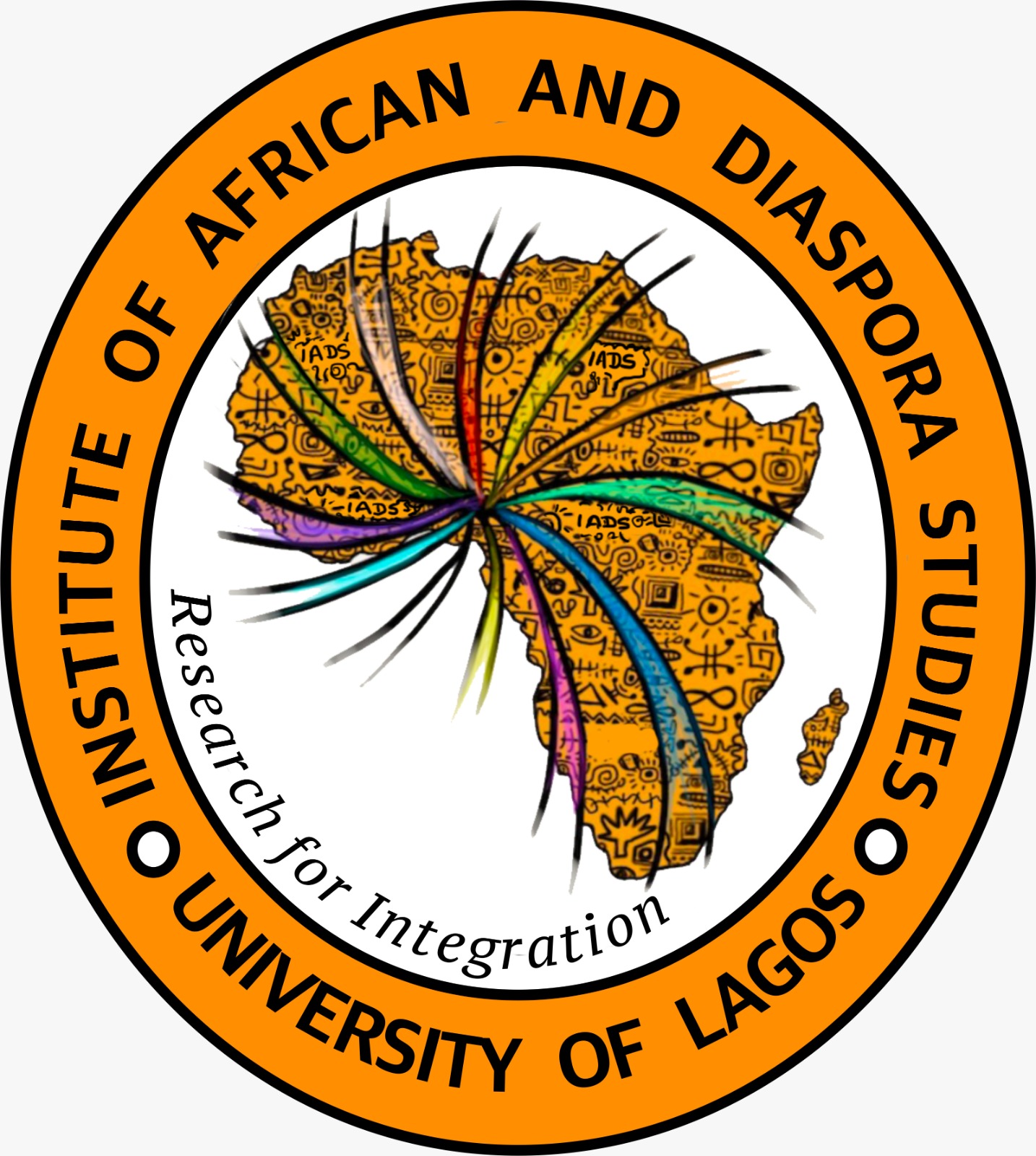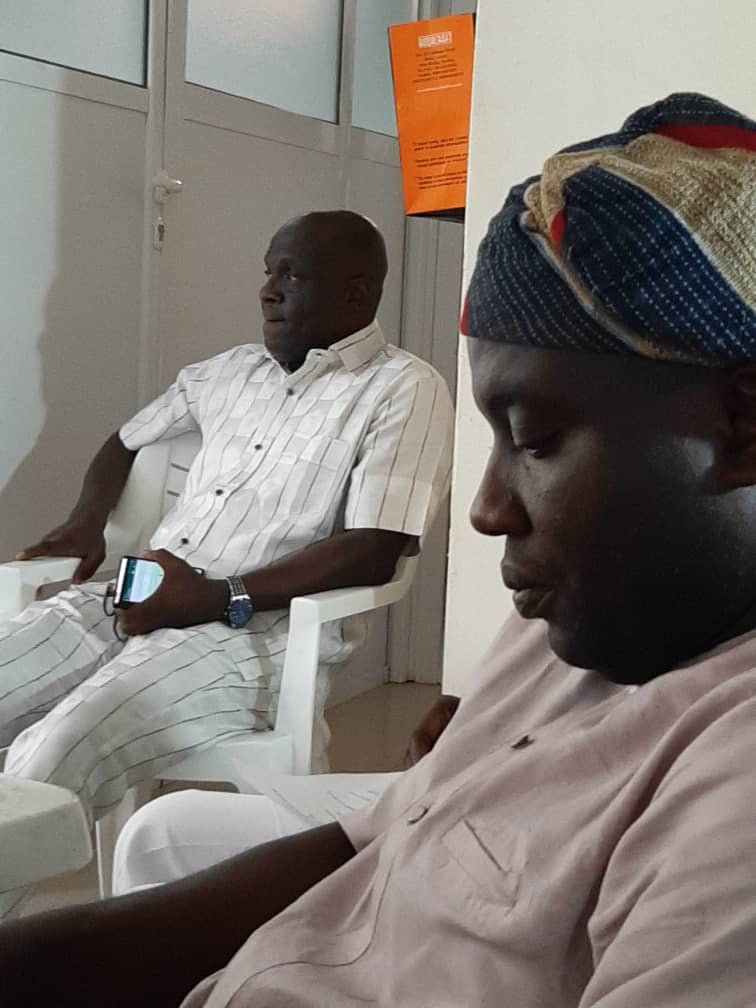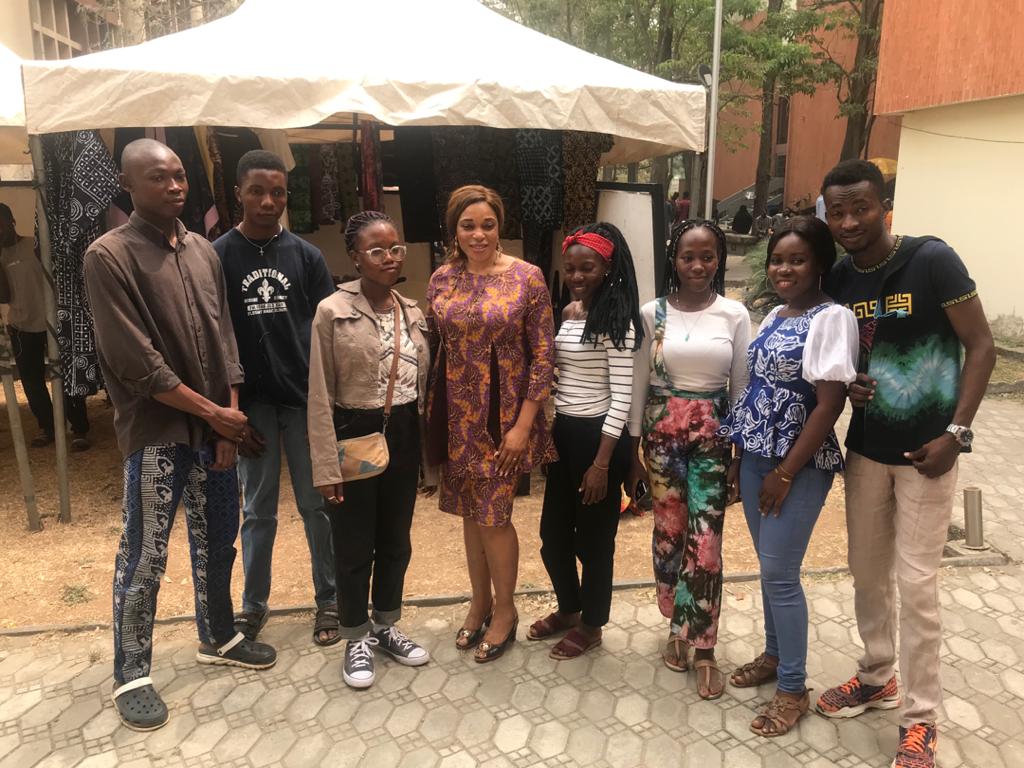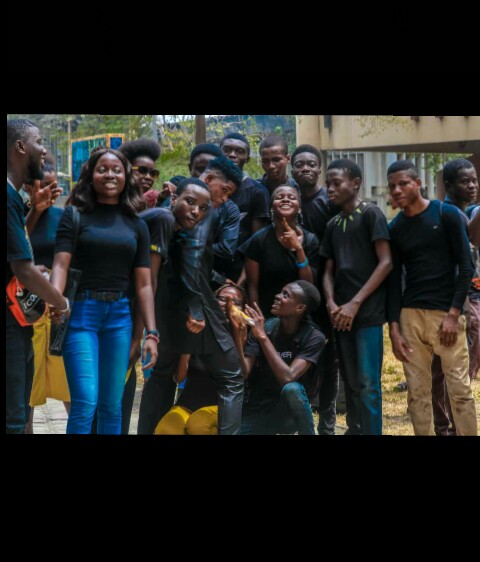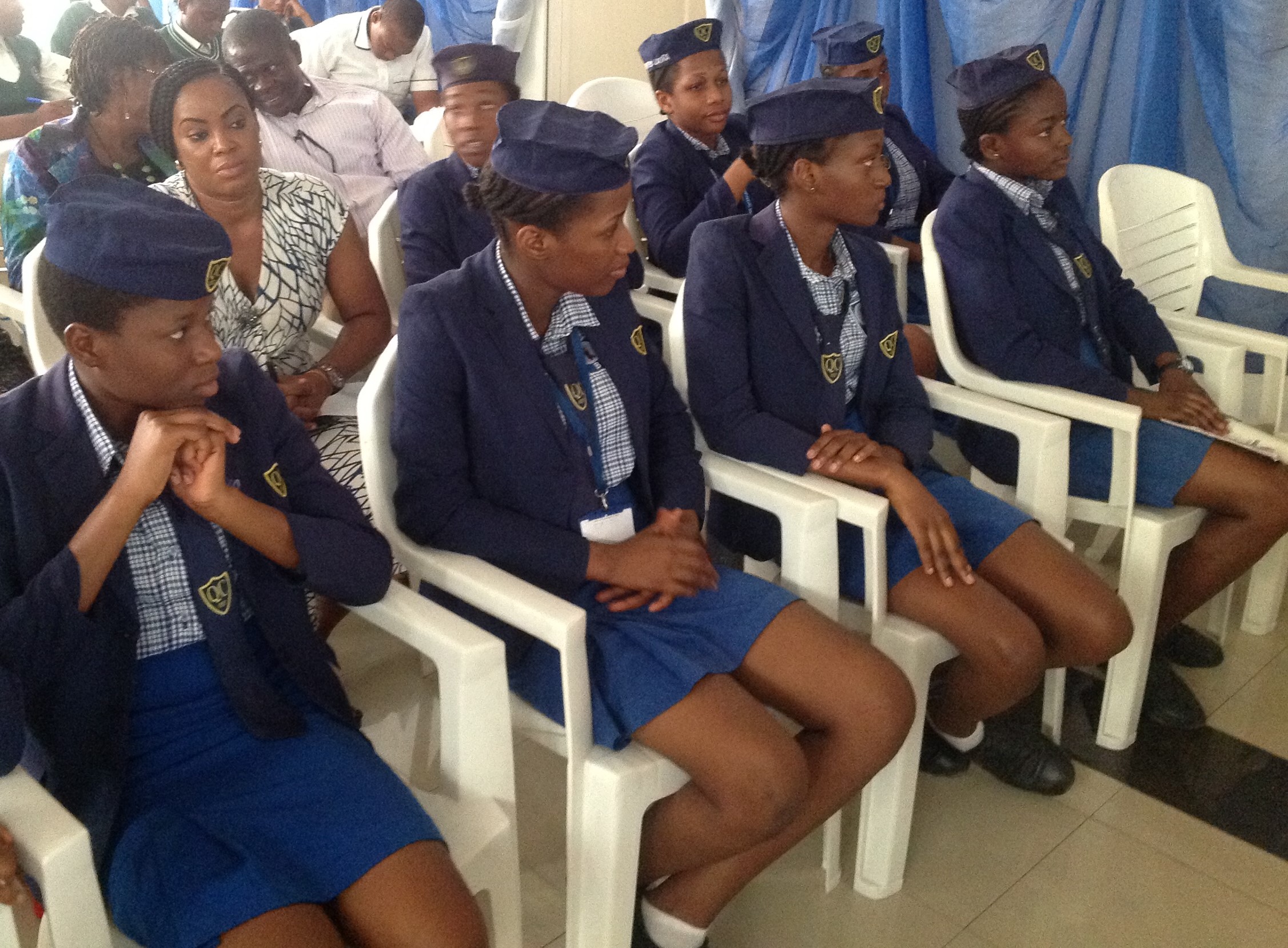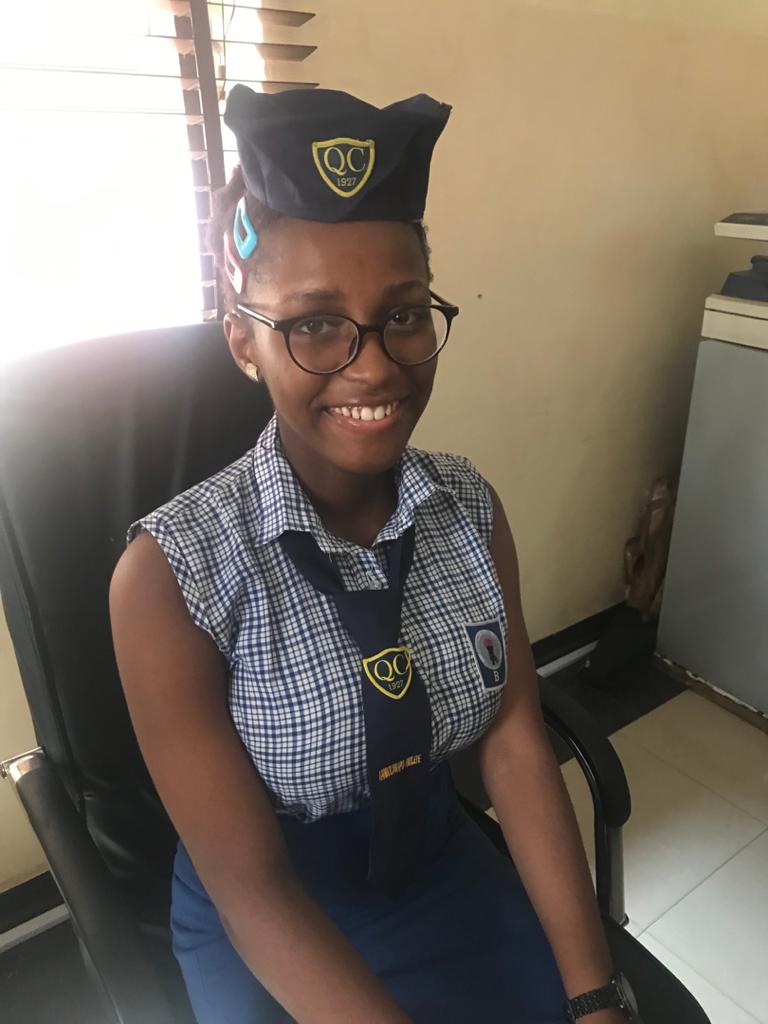Prof. Ayodele Yusuff
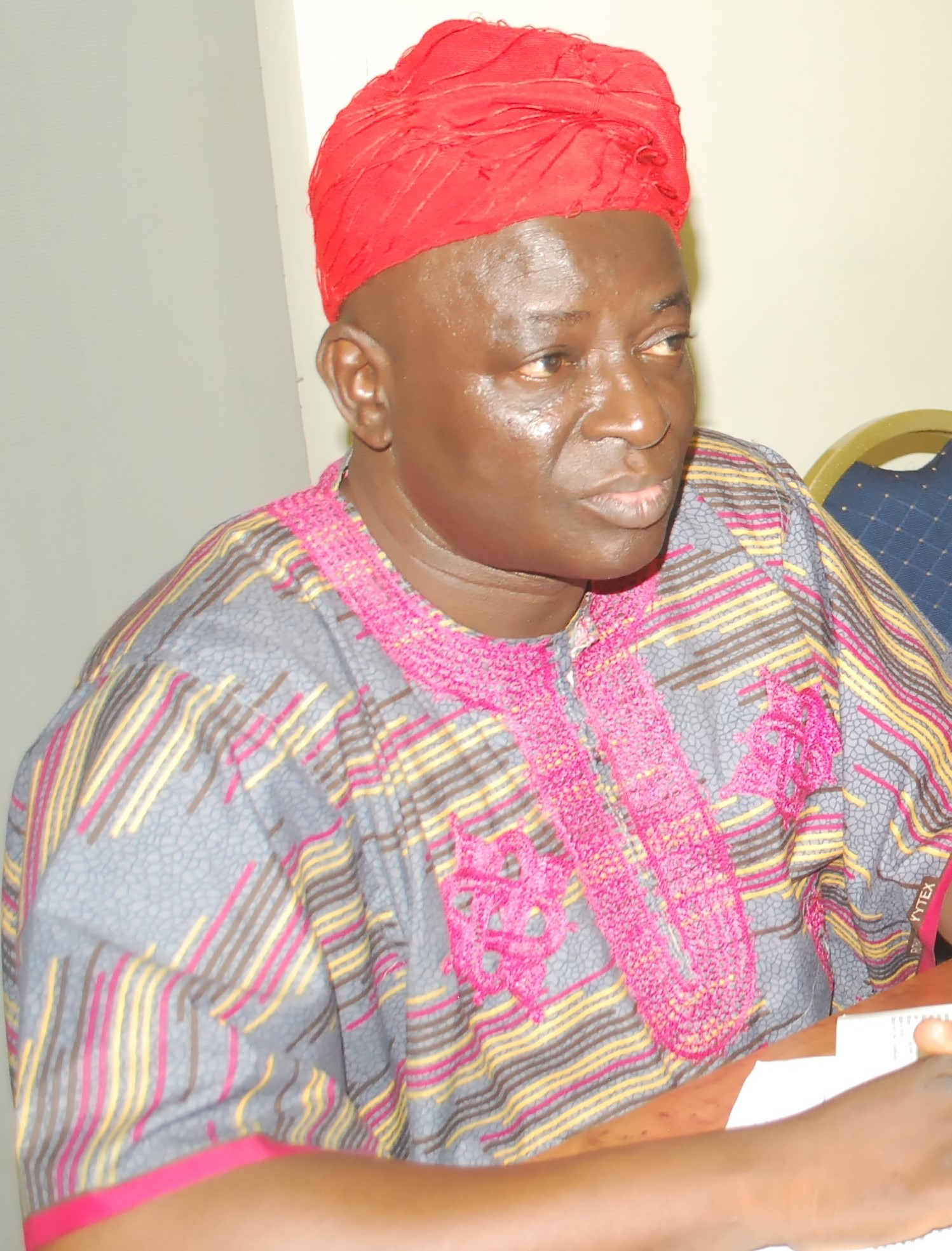 (Head of Research)
(Head of Research)
Ayo YUSUFF is a Research Professor in the Institute of African and Diaspora Studies, University of Lagos, Nigeria, jointly established in collaboration with The University of the West Indies, Jamaica. He studied Linguistics and Yoruba Language at the University of Lagos and University of Ibadan, Nigeria. In 2007, he was a member of the team of linguists that produced the Yoruba version of Local Language Program for Microsoft Corporation. In 2011, he participated in the production of a unified standard orthography for the Yoruba language cluster adopted for the writing of Yoruba in Nigeria, Republic of Benin and the Republic of Togo. In 2017, he was in the team that developed the English-Yoruba Glossary of HIV, AIDS and Ebola Related Terms, which was published with him as Lead Editor. He has been an active player in the advocacy for the use of African indigenous languages in all areas of human communication since 2002. He specializes in Morpho-syntax and Language Engineering. He has over 35 publications in reputable journals and books. His doctoral thesis titled ‘Lexical Morphology in Yoruba Language Engineering’, presented to the School of Postgraduate Studies, University of Lagos in 2008, has been published by VDM Germany in 2010. To reconfigure African Studies, the role of African languages scholarship, especially by African linguists is germane. Africans’ mode of communication is still predominantly indigenous. Few Africans speak the colonial languages and this is not unconnected to their low literacy level. Knowing the problems of Africa and evaluating the effects of efforts at resolving them lie with scholars who are trained in the elicitation of data in African indigenous languages. The African Cluster Centre will benefit immensely from Ayo Yusuff’s expertise in African languages and cultures, as African peoples are not country bound. A people may spread among two, three or more countries in Africa. Harmonization and reconciliation of African common problems require specializations in African languages and cultures. There is hardly a cluster that may function adequately without the inclusion of his expertise.
